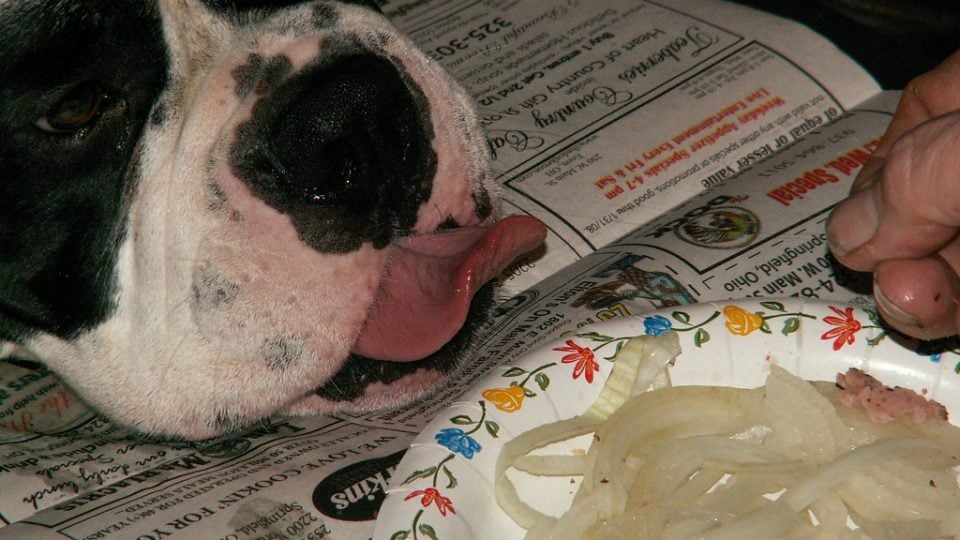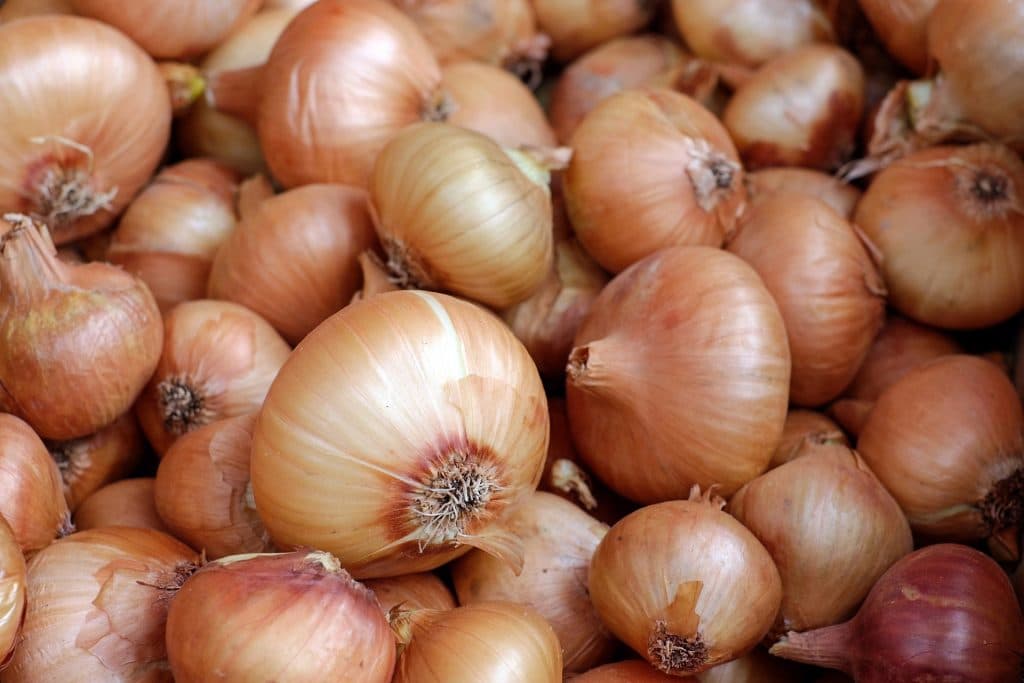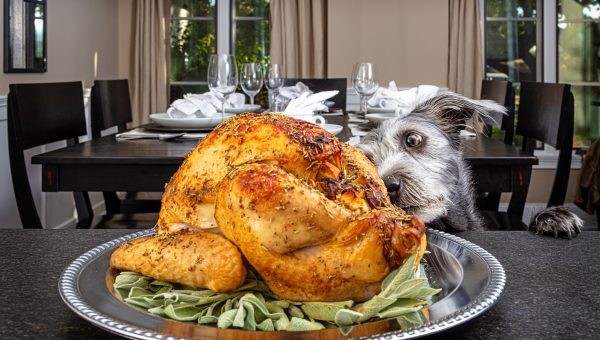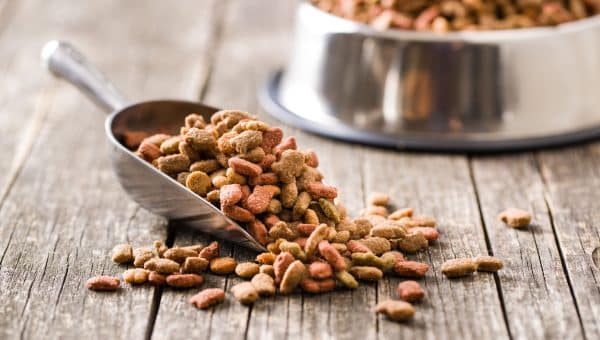- Not a substitute for professional veterinary help.
The holidays are fast approaching, and it’s an exciting time to cook and get together with loved ones. The downside: All of that delicious food can also end up in your dog’s stomach, and certain vegetables and plants like onions can pose a threat to your dog’s health. We’ll explore why onions, in particular, are toxic to pets.
Why Onions Are Dangerous to Dogs
Onions (Allium cepa) are a member of the plant Allium genus; other members of this genus include leeks, chives, and garlic. Whether this vegetable is cooked, raw, in seasoning, or mixed with food, it can be toxic to your pet in high enough doses.
Large quantities of onion can cause a dangerous form of anemia. Here’s how it happens.
Allium plant species have an organosulfur compound that causes a series of oxidative reactions, which overwhelm the antioxidant properties of your dog’s red blood cells. This can change the shape of your dog’s red blood cells and lead to Heinz body formation. These changes result in unhealthy, fragile red blood cells that can rupture.
When red blood cells break apart, not as much blood oxygen can be carried to your dog’s tissues. Otherwise known as anemia, this condition can cause your dog to look and feel very tired because they’re not getting the energy and oxygen needed to effectively use their organs and muscles.
Signs of Onion Poisoning in Dogs
If you notice any of these symptoms in your dog, be sure to contact your veterinarian, even if you’re not sure your dog ate onion.
- Weakness
- Lethargy
- Bad breath
- Nausea: this looks like drooling in dogs
- Abdominal pain: guarding the abdomen or hunching over
- Vomiting
- Diarrhea
- Red tinged urine
- Increased respiratory rate or panting
- Pale gums
- Exercise intolerance
- Collapse
How Much Onion is Too Much?
One-time ingestion of a small piece of diced onion isn’t enough to cause severe anemia in your dog. However, eating a plate full of sliced onions or a bulb of onion is cause for concern. Additionally, repeated small doses over time can cause toxicity.
Keep in mind that the higher the dose, the more severe the signs of toxicity will be. If your dog is more susceptible to onion poisoning, then smaller doses of onion can still be toxic for them.
Susceptible Traits
The following traits can make certain dogs more susceptible than others to onion toxicity.
- Japanese breeds: Shiba Inu and Akita
- Glucose-6-phosphate dehydrogenase deficiency
- Zinc deficiency
- Treatment with certain drugs (ex. Tylenol) or other compounds
My Dog Ate Onions—Now What?
If you suspect your dog has eaten onions, take them to the emergency veterinary hospital as soon as possible. They’ll be able to safely make your dog vomit and monitor signs of anemia. This should occur immediately after intake.
If it’s been a day or more and you’re starting to see the signs listed above, take your dog to see a veterinarian for treatment and blood monitoring. The prognosis for onion toxicity depends on how much of the plant was consumed, the severity of clinical signs, and when treatment started. There’s no antidote for onion toxicity.
How to Stop Your Dog from Eating Onions
Our pets can be indiscriminate eaters, and it can be difficult to keep food that’s seasoned with onion away from them, especially since it has such a distinct aroma.
Keeping onion foods, supplements, powders, and plants away from your dog is the best prevention.
- Put herbs, spices, and raw vegetables in high cupboard locations out of reach from your pet.
- Communicate to everyone in the household not to share their human food (ex. burgers with onions, onion rings, stir fry, etc.) with pets.
- Place a fence around garden vegetables, which will also keep other critters from eating them.
- Lastly, watch what gets dropped on the floor since groceries or cooking scraps can be easily vacuumed up by your dog.
Onions aren’t safe for dogs to eat because they can cause upset stomach and anemia in high enough doses. To be safe, get veterinary medical attention if you suspect your dog has eaten any onion.
Further Reading
- Why Do Dogs Eat Grass?: Myths vs. Reality
- 5 Signs Your Dog May Be Lactose Intolerant
- Canned Pumpkin for Dogs and Cats: Is It Really Good for Them?
Featured Image: Flickr@CindyFunk






